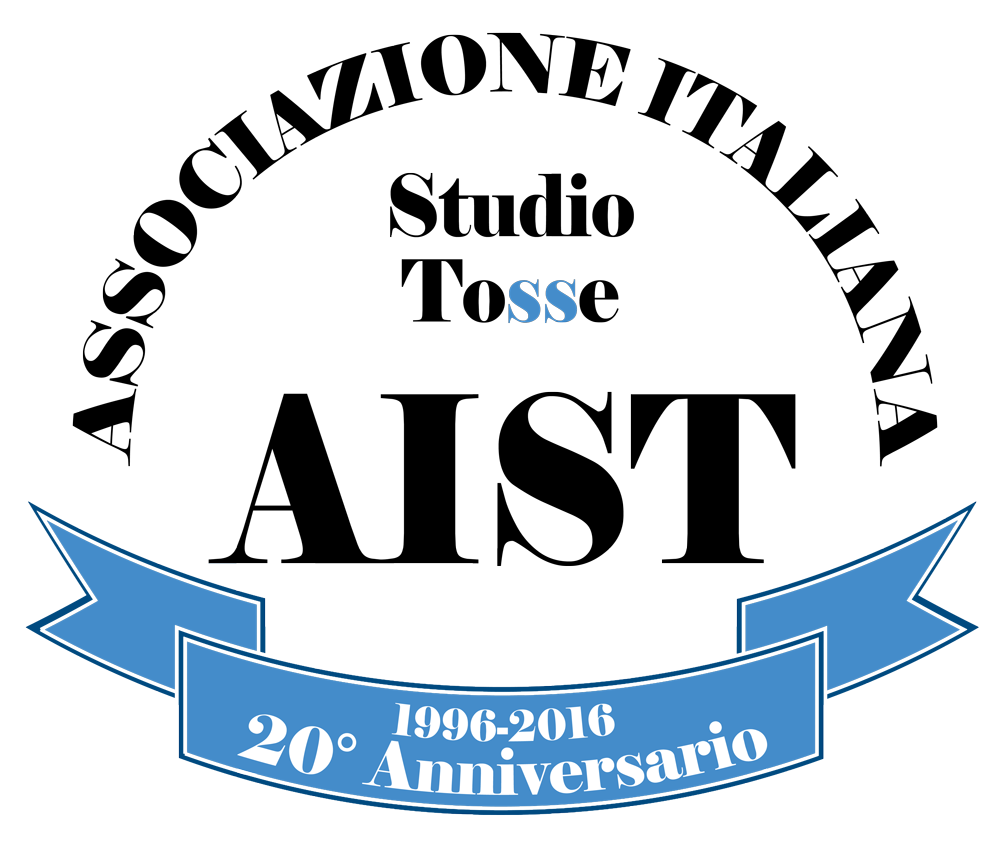Multidiscip Respir Med. 2016
Authors: Dal Negro Roberto W., Mazzolini Massimiliano, Turco Paola, Zanasi Alessandro
Abstract
BACKGROUND:
Cough is one of the most common discomforts affecting general population, which can disrupt subjects' quality of life due to its physical, social, and psychological effects. Aim of the study was to investigate the impact of cough and related beliefs of general population.
METHODS:
A cross-sectional telephone survey was carried out by means of a specific, validated questionnaire on a representative sample of Italian general population. All the interviews were carried out according to the Computer Assisted Telephone Interview (CATI) methodology by expert, professional interviewers. Distributions of all answers were calculated in the overall sample.
RESULTS:
A total of 1,251 subjects (mean age: 49 years; females 44.2 %) completed the interviews. The overall number of telephone calls was 5362, and the corresponding redemption rate was 1/4.3 (23.%). The sample was representative of national population in terms of geographical distribution, age, gender, and smoking habit. The majority of respondents was convinced that cough is merely a symptom of several different diseases, but 46.4 % of respondents affirmed that cough should be regarded as "a disease" per se. Only 29.1 % of subjects say that they usually do not complain of any cough over the year, while 18.4 % reported ≥ 3 episodes of cough/year. These episodes have a duration ranging 10-30 days in 19.9 % of subjects, and > 30 days in 6.9 % of subjects. The majority of respondents is worried about their cough only after 1 week, but 76.9 % of subjects is much more worried if cough affects a child. After a few days of cough, 23.1 % of subjects use domestic remedies; 20.9 % ask their pharmacist, and 33.4 % their doctor, being GPs (69.6 %) and lung physicians (16.2 %) the most asked professionals. The occurrence of bronchitis, pneumonia, upper airway infections, and allergic troubles are the most feared events. The majority of respondents are convinced that antibiotics and steroids should not be regarded as the gold standard for treating persistent cough (61.2 and 58.2 %, respectively), while anti-tussive drugs and aerosols in general are regarded as the most effective strategies (69.1 and 74.1 %, respectively). Moreover, 33.8 % of the sample is in favour of homeopathic drugs, while 23.2 % had already used an homeopathic anti-tussive syrup, and 27.6 % of subjects are really interested in using the homeopathic approach. The willingness to pay for an effective anti-tussive remedy was: 46.3 % up to 10 €; 27.8 % up to 20 €, and 13.3 % more than 20 €.
CONCLUSIONS:
Cough confirms its high impact in Italy, and a substantial proportion of individuals regards cough as "a disease". Only one out of three Italians refers to their doctor, but when cough is already persistent. Cough in children is much more feared than in adults. The majority of Italians have a proper and conservative position versus both antibiotic and the systemic steroid uses against cough. The Italian attitude to aerosol therapy confirms very high. Differently from the cough guidelines, anti-tussive drugs are highly valued among Italian people. The attitude and the interest to homeopathic anti-tussive remedies proves high. Finally, the willingness to pay for an effective anti-tussive remedy is quite high in Italy.
Estratto da: https://www.ncbi.nlm.nih.gov/pubmed/27708777


